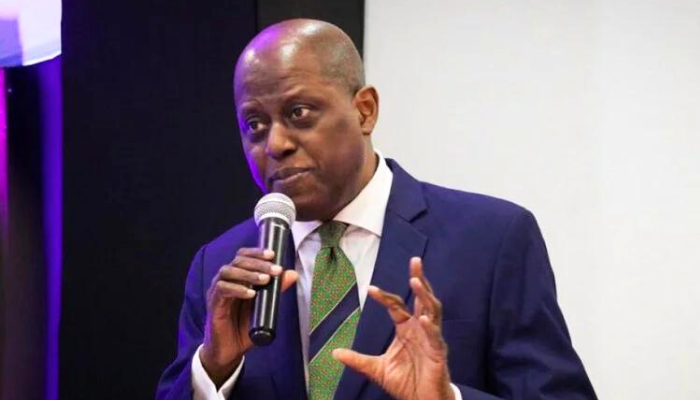The $40 billion that Nigerians have spent on overseas education and medical travel over the past ten years is the primary cause of the naira’s wild decline, according to the Central Bank of Nigeria (CBN).
The tendency, according to the apex bank, is brought on by a decrease in US dollar supply despite strong demand for the currency to cover costs for overseas services in the fields of health, education, and other industries.
At the sectoral debate hosted by the House of Representatives, CBN governor Olayemi Cardoso remarked that Nigeria has spent $40 billion on medical and educational travel in the last ten years, which has put pressure on the Naira and caused it to continue weakening.
According to Cardoso, the cost of receiving medical care overseas came to approximately $11.01 billion, while the cost of schooling abroad totaled $28.65 billion.
He claimed that the exchange rate would inevitably experience continuous pressure due to the high demand for professional services, healthcare, education, personal travel, and other related necessities.
The CBN’s publicly available Balance of Payments Statistics show that, between 2010 and 2020, international education expenses totaled a hefty US$28.65 billion. Given these figures, it is imperative to emphasize this fact.
Within the same time frame, the cost of receiving medical care overseas has come to almost US$11.01 billion. As a result, the foreign exchange demand for healthcare and education has exceeded US$40 billion throughout the last ten years.
Notably, this sum exceeds the CBN’s entire foreign exchange holdings as of right now. A far stronger Naira today could have been achieved by mitigating a large chunk of this demand.
Over the same time period, personal travel allowances accounted for US$58.7 billion. Most notably, the CBN paid out US$9.01 billion to Nigerians for private international travel between January and September 2019.
“To continue on the subject of the need for US dollars, Nigeria’s yearly imports in 1980 totaled US$16.65 billion, and these imports require dollars for payment.
Although it gradually declined to US$54.71 billion as of last year, the yearly import expenditure had dramatically increased to US$67.05 billion by 2014. In a similar vein, Cardoso stated that food imports increased from US$2.63 billion in 1980 to US$14.84 billion in 2019.

